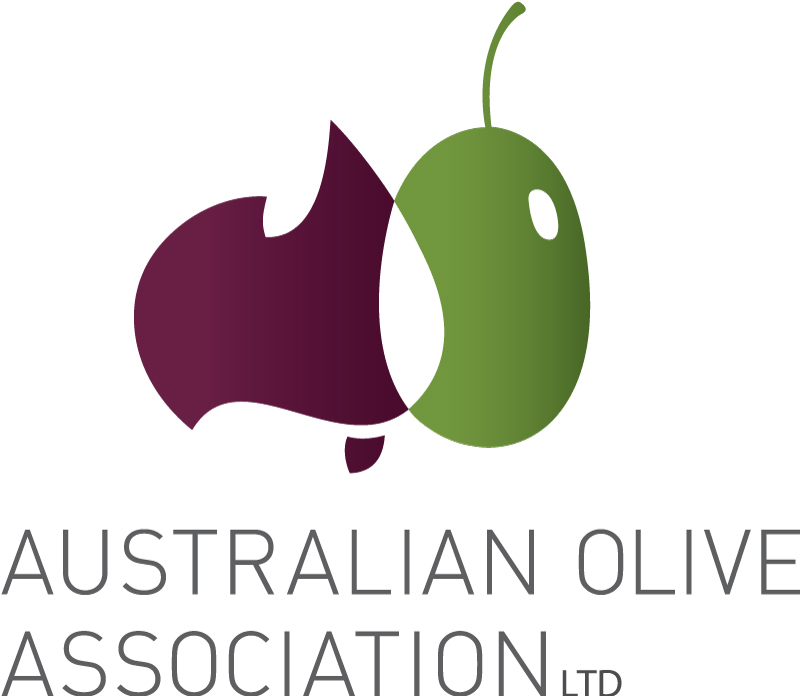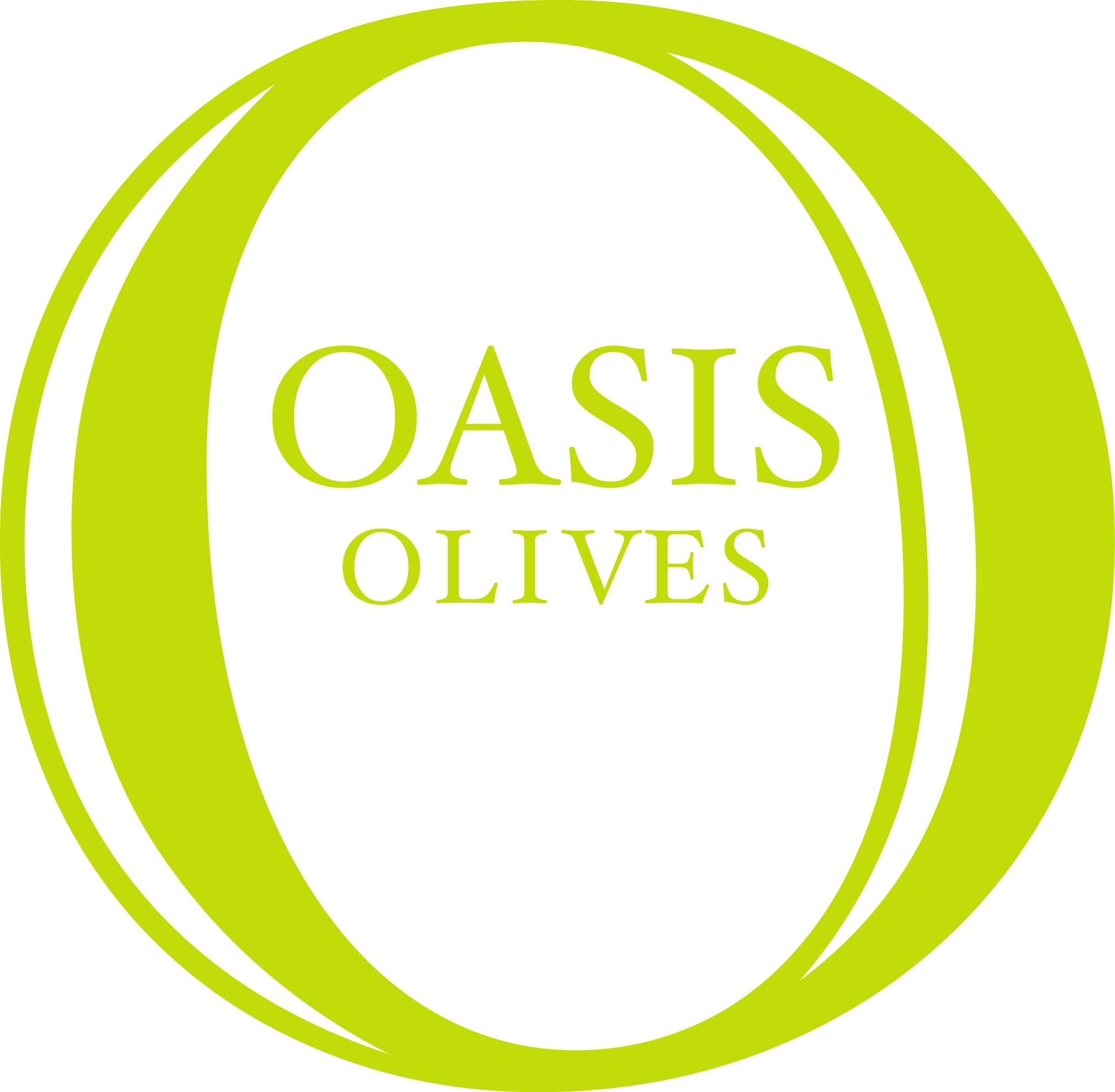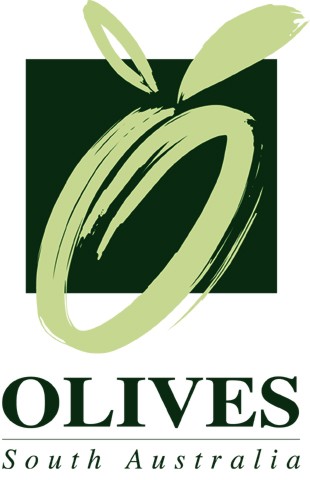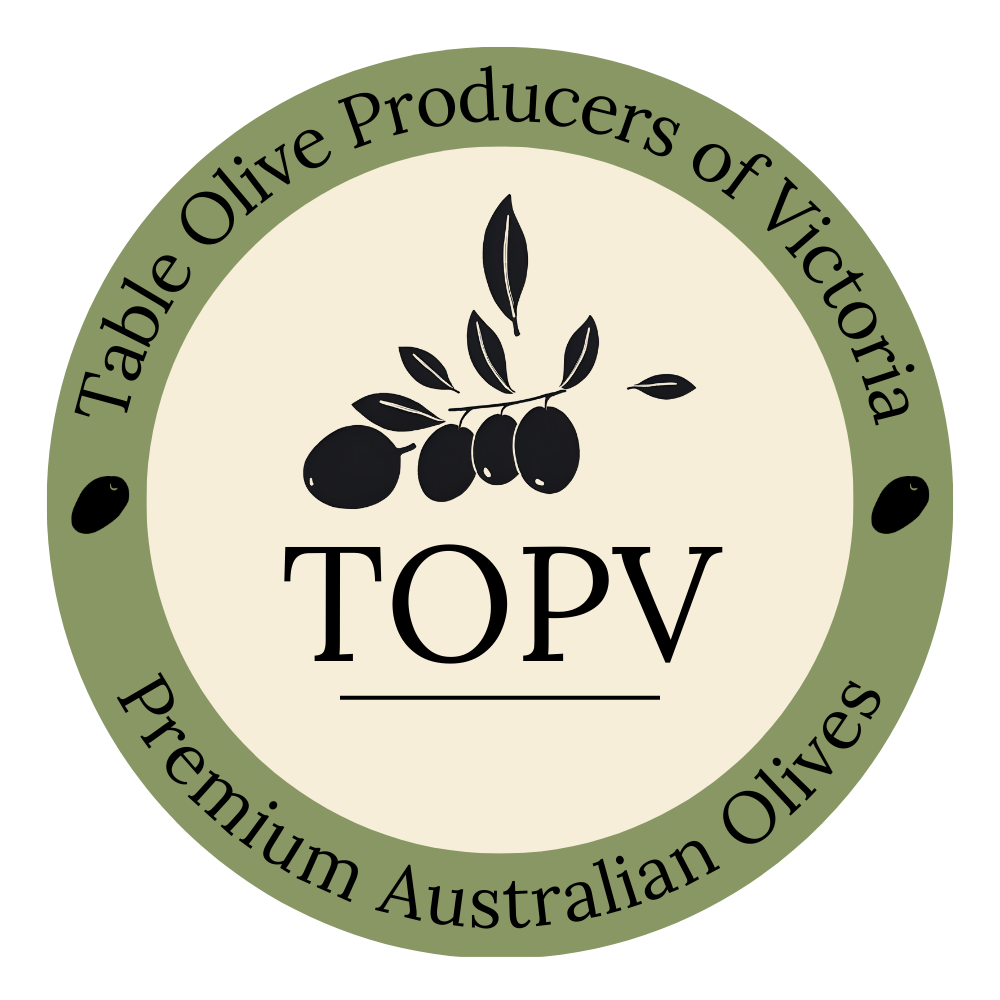The problem
Global consumption of table olives is projected to reach three million tonnes in 2025[1], presenting an opportunity for Australian growers to capitalise on rising market demand. Yet despite this potential, the Australian table olive industry struggles to scale production—largely due to traditional, labour-intensive and time-consuming debittering methods. As a result, Australia produced only 2,500 tonnes of table olives in 2023[2], accounting for just 0.07% of the world's total table olive output that year.
The solution
University of South Australia's Professor John Fielke is tackling this national challenge by integrating mechanical engineering and chemistry into the table olive production process.
"Our goal is to increase Australia’s table olive production to 100,000 tonnes per year—40 times our country’s current output,” Prof Fielke explains.
"We’re not just looking at how to produce table olives; we’re exploring how to scale production efficiently while delivering benefits to both growers and the environment."
Prof Fielke's team has developed an innovative debittering process that replaces traditional lye treatment and/or fermentation methods with a continuous, monitored system that maintains brine quality.
The brine used in the process is continuously reconditioned and recycled, enabling more efficient production and waste reduction.
Additionally, the new process creates an extra income stream by capturing and repurposing bioactive compounds removed from the olives during debittering—compounds that are typically discarded—to create an olive fruit extract rich in phenols.
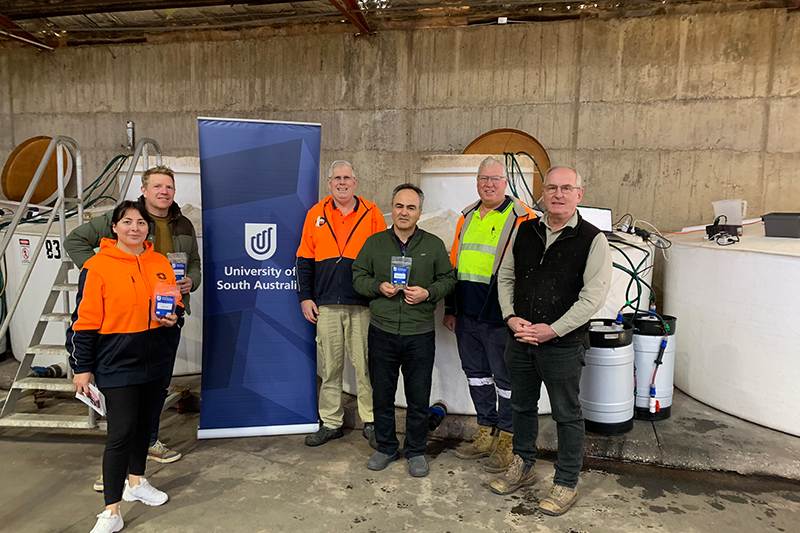
Caption: Prof John Fielk (middle-back) surrounded by UniSA colleagues and olive producers at the table olive processing facility in Loxton, South Australia.
"We also want to generate new revenue opportunities for farmers by repurposing these byproducts for nutraceuticals, cosmetics, and alcoholic mixers," Prof Fielke says.
“Our olive brine is naturally sweeter – which makes for a fruitier dirty martini."
The new olive debittering process is being piloted at a facility in Loxton, in South Australia's Riverland region. In 2024, three Australian growers supplied 17 tonnes of olives to the facility, which have since been processed into table olives.
President of Olives SA and General Manager of Kangaroo Island Olives, Michael Esposito, is currently working with John Fielke and the Loxton facility to produce table olives for his business.
“I’ve wasted a lot of good olives over the years through failed attempts at debittering via traditional fermentation methods, and, as a result, wasted so much time, water and other resources to little avail,” Mr Esposito says.
“John and I first came together in 2017, after learning about emerging technologies in the USA, and I said to John ‘there has to be a better way to make table olives...how can we improve processing, improve quality, reduce waste and speed up the whole process from tree to table?’
“Since then, we’ve collaborated to create this method in Loxton where John’s innovative process has really reduced the risk of our fruit spoiling and improved the overall quality.
“Kangaroo Island Olives hopes to significantly increase its production of table olives over the next few years and we’re looking forward to working with John to make that happen.
“We’re looking to adopting his method and technology for ourselves by establishing a satellite table olive processing facility, using the Australian method."
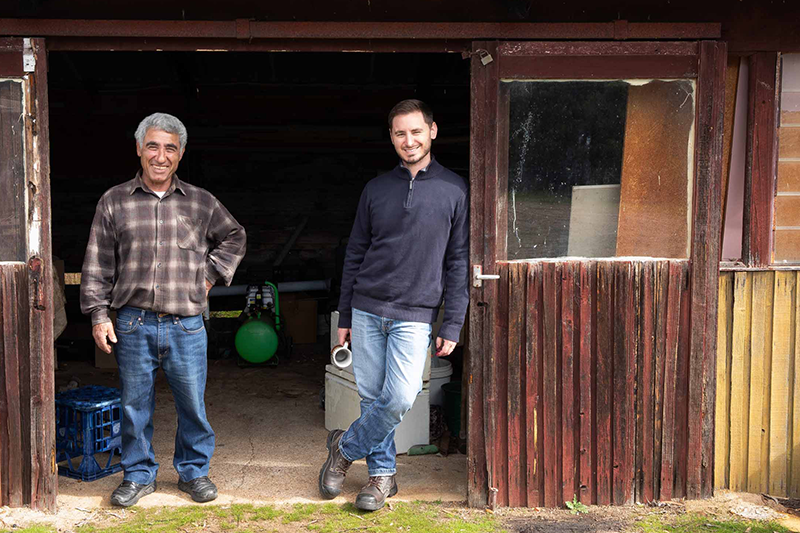
Caption: Kangaroo Island Olives' Dom Esposito (L) and Michael Esposito (R) have supplied olives to the table olive processing facility in Loxton. The business hopes to increase its production of table olives over the next few year. CREDIT: Kanagroo Island Olives
UniSA’s approach not only promises to grow the Australian table olive industry but also presents new opportunities for collaboration with corporate investors, ensuring long-term, sustainable growth of regional economies.
UniSA supports engineering, sustainability and food security capabilities through collaborative research projects with public and private enterprises. Enhance your own capabilities by connecting with UniSA via our Enterprise Hub.
[1] International Olive Council: Table Olives – Provisional 2023/24 and Estimated 2024/25 Crop Years
[2] Hort Innovation: Olive Annual Investment Plan 2022/23
Partners Involved
Related services
Contact the Enterprise Hub
Get in touch with us to find out how we can support your business needs.
Make an enquiry online or call us to discuss your idea




